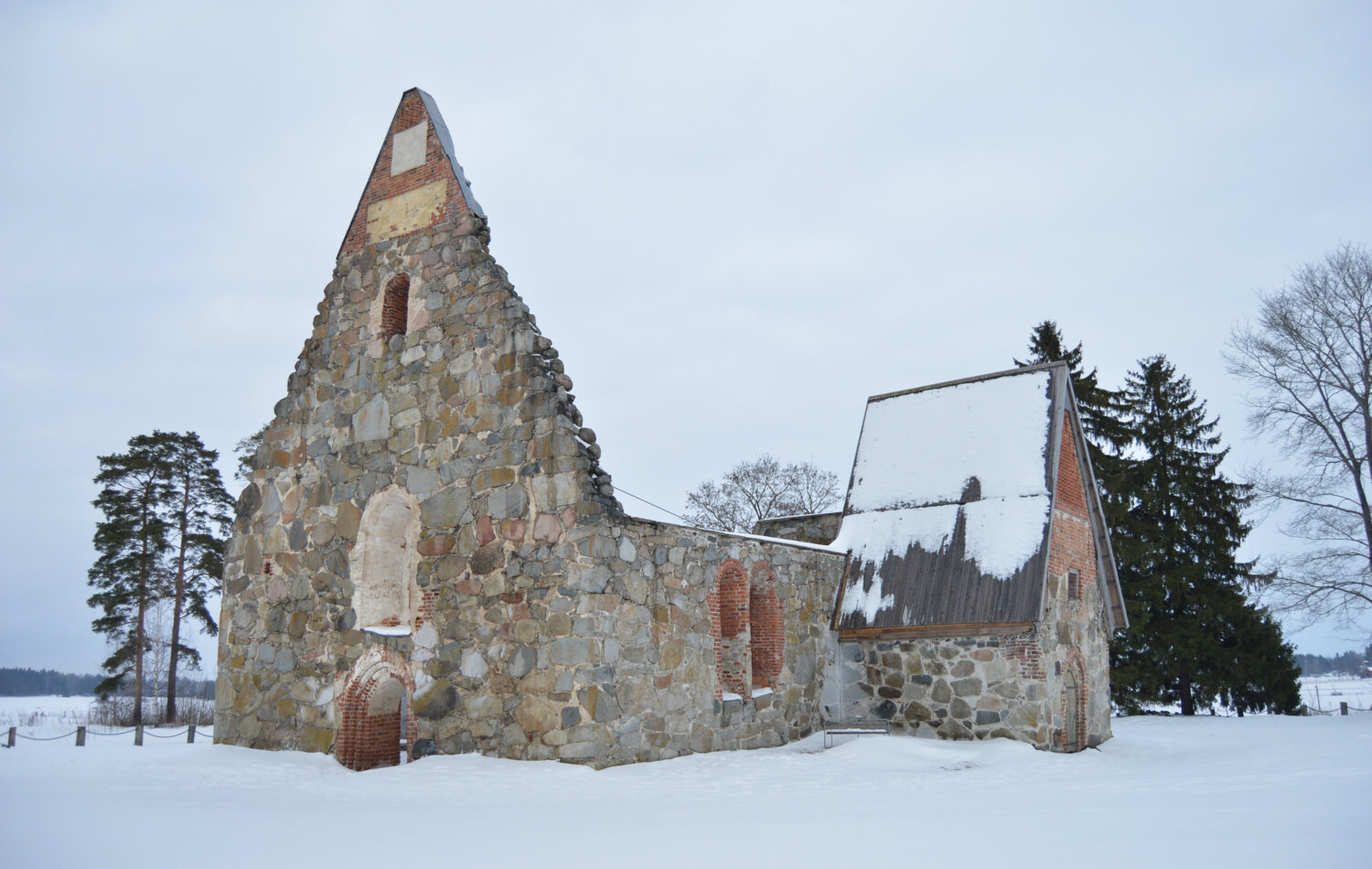
Dr. Rui Chen, professor of molecular and human genetics at Baylor College of Medicine, and his team of researchers have been awarded a grant by the Chan Zuckerberg Initiative to support the Human Cell Atlas project. They are among 39 collaborative science teams that will be a part of the Chan Zuckerberg Initiative Seed Networks for Human Cell Atlas projects, an international effort to map all cells in the human body.
In all, the Chan Zuckerberg Initiative is awarding $68 million to these groups that bring together scientists, computational biologists, software engineers and physicians to support the continued development of the Human Cell Atlas.
Chen’s project is in collaboration with Dr. Michael Mancini, professor of molecular and cellular biology at Baylor, Dr. Margaret DeAngelis with the University of Utah School of Medicine, Dr. Kirsten Frieda with Spatial Genomics and Dr. Wenyi Wang with the University of Texas MD Anderson Cancer Center.
Investigators in the Seed Networks will have the opportunity to learn and collaborate with the community, as well as with Chan Zuckerberg Initiative computational biologists and software engineers. Participants will focus on mapping specific tissues, such as the heart, eye or liver, in the healthy human body.
Chen and his colleagues will work to establish a cell reference atlas of the human neural retina, build a high-resolution spatial map for all cell types in the retina, and develop single cell classification and integrative analysis software tools.
“I am very excited to be part of this ambitious and exciting endeavor. Our team will focus on the visual system and aims at not only identifying all subtypes of cell in the retina but also producing a comprehensive spatial map of these cell subtypes in the human retina at single cell resolution which will serve as the reference for the research community,” Chen said. “We believe this project will lay the foundation and bring many new opportunities for future discoveries.”
The resulting cellular and molecular maps created by the Seed Network projects will be a resource for understanding what goes wrong when disease strikes. The networks will support coordination between scientists, physicians and engineers, solidify collaborations, and help generate valuable data and tools for the first draft of the Atlas.
The Seed Networks grantees represent 20 countries and more than 200 labs. View the full list of the Seed Networks award recipients. The goal of the project is to generate new tools, open source analysis methods, and significant contributions of diverse data types to the Human Cell Atlas Data Coordination Platform, a unified resource that will enable data sharing across researchers and research institutes. All of the data, protocols and computational tools developed as a part of Seed Networks will be freely available to the research community.








